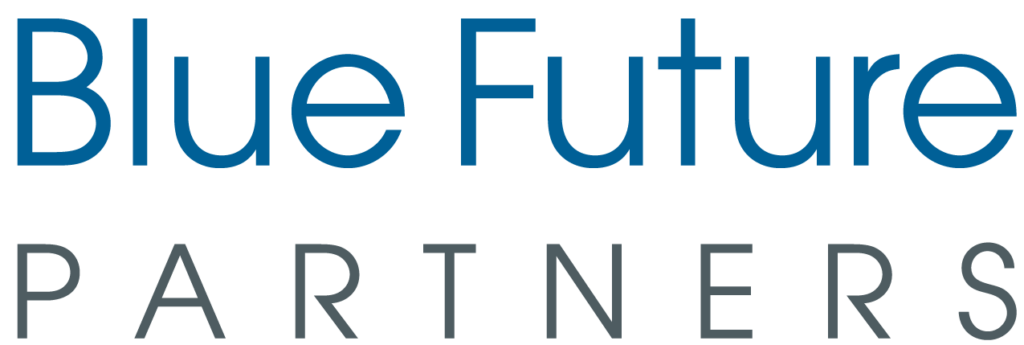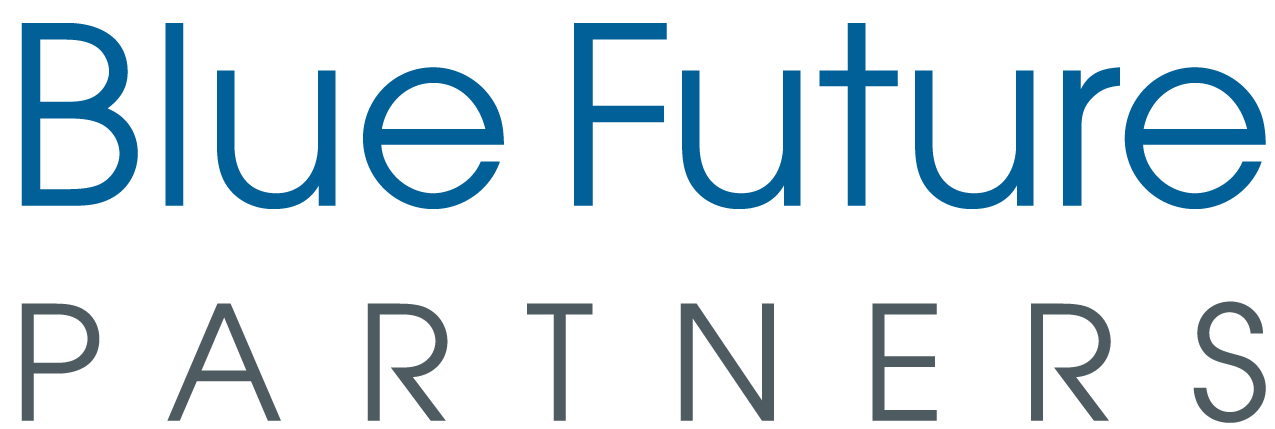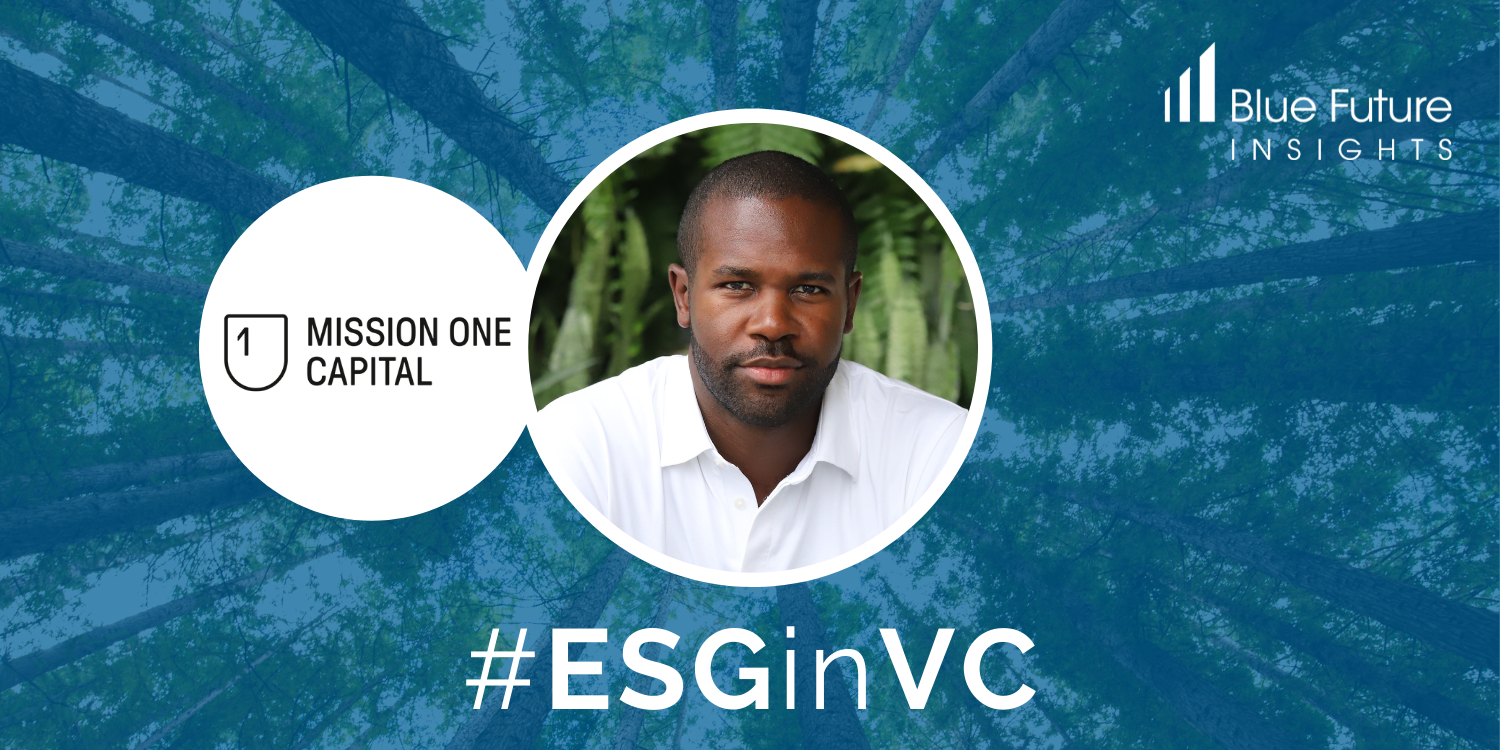With our #ESGinVC initiative, we want to foster a discussion around ESG and help each other develop and improve our frameworks. As part of this initiative, we spoke to leading managers and LPs about their ESG frameworks. The long-form interviews will be published in a reader on our website, while we will regularly post interview extracts on our social media channels (Linkedin — Twitter — Medium).
The interview below is with Kiel Berry, Managing Partner at Mission One Capital.
—
Why did you decide to start Mission One Capital, a fund purely focused on solving for humankind’s sustainability on the planet?
Through having lived and worked on almost every continent, I’ve always thought about the macroeconomic landscape, global societies, and the role I play in creating positive outcomes. My experience led me to identify three existential threats humankind is facing; climate change, resource depletion, and inequality. In 2018, I started investing as an angel, specifically in climate tech and ESG-centric companies that were leveraging frontier technologies to solve these problems, and I quickly realized how massive the financial opportunity is in this space.
“By solving the biggest problems, there is an opportunity to create new and highly scalable business models.”
That’s why I decided to start Mission One Capital. By solving the biggest problems, there is an opportunity to create new and highly scalable business models. We are at a crossroads where the government, corporations, and the financial sector are all triangulating on the goal to reach net zero carbon emissions and alleviate the inequality gap with regulation and capital commitments. In venture capital this has manifested itself in a huge influx of capital into climate tech, where now approximately 14 cents of every VC dollar goes into this subcategory – and I strongly believe we’ll see this metric continue to grow going forward.
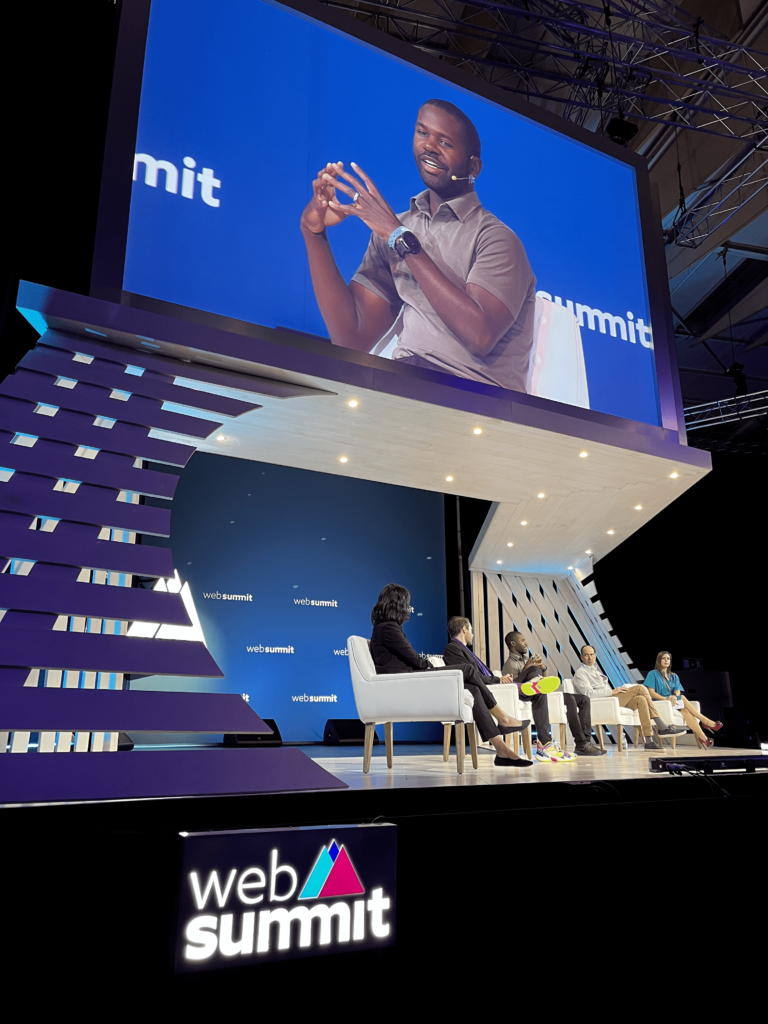
You invest in technologies that solve three main existential societal threats: climate change, resource depletion and inequality. Do you see any of these threats as particularly underserved by technology? And are there any specific innovations that you would like to see as an investor?
The most exciting aspect of being an early-stage venture investor today is that we are seeing business models being created by technologies that couldn’t exist just 10 years ago. We are witnessing an evolutionary wave where software and the digitization of our physical world is enabling technology to penetrate these often antiquated industries.
For example, microsatellites + cloud computing + radar = startups capable of visualizing the earth for real-time water and flood analysis. Blockchain when applied to the carbon credit market = transparency in an industry that is critical in the short-to-medium term transition of our economy to net zero. Accessibility to broadband + mobile-first education platforms = underserved communities can gain access to educational resources that were previously cost-prohibitive.
So as an investor, I like to see innovations and business concepts that are leveraging these scalable frontier technologies and applying them to solving for the 3 main existential threats I believe humankind is facing: climate change, resource depletion, and inequality.
How do you assess the potential impact of startups before investing? Beyond sustainability, do you also look at other ESG metrics such as diversity?
First, I only invest in companies that fit my main criteria of solving these existential threats. I categorize them into a number of sub-themes that I deem to have the highest impact and have venture capital-like return profiles. Then I run the company through a scorecard that addresses more traditional due diligence assessments of team, market size, business model, moat, etc., as well as high-level sustainability factors. In terms of specific impact metrics, it truly depends on the industry and business model the startup is pursuing.
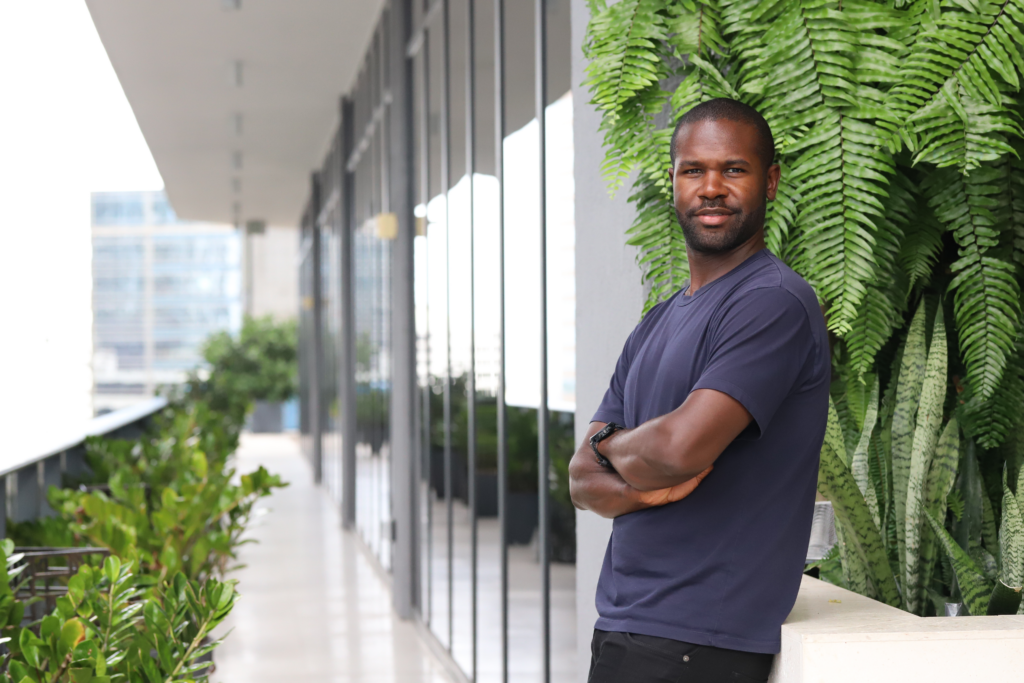
“In today’s world, the end consumer is increasingly diverse and it’s imperative for the internal team to reflect the consumer they want to serve.”
I am not diversity-led in my investment thesis, however it’s important that the founding team realizes the competitive advantage of scaling a diverse team. In today’s world, the end consumer is increasingly diverse and it’s imperative for the internal team to reflect the consumer they want to serve.
After investing, how do you collaborate with founders to help them reach their impact goals? Do you offer any support beyond capital?
The main goal for startups at the Seed and Series A stage is to find product-market fit and understand their core offering that can scale at favorable unit economics. Therefore, rather than burden the company with onerous impact goals, we foster an ongoing dialogue where we identify the core impact KPIs that are business critical and align with overall growth metrics.
How do you address ESG in your inhouse operations? Do you have a framework that you apply at your own fund?
I track the impact of companies at the portfolio level, however I’m optimistically tracking the progress of colleagues in the venture community that are working to create a uniform methodology for us all to do better. The work being done by Blue Future Partners, the collectives from VentureESG and ESG_VC, and others are a clear indication that there is appetite to develop a measurement framework that we can confidently adopt.
You are a frequent speaker at events like TEDx, Web Summit and other conferences. If there is one key message that you want to share with tech investors to hold themselves more accountable and make a positive difference, what would it be?
Larry Fink said it best in his 2021 Annual Letter. “The next 1,000 unicorns won’t be search engines or social media companies, they’ll be sustainable, scalable innovators – startups that help the world decarbonize and make the energy transition affordable for all consumers.” Now marks the start of what I see to be a once-in-a-generation opportunity to merge outsized returns with sustainable business practices. Optimistically, I hope everyone is on a path to adopting these practices into the future – but if that’s not incentive enough – then at least don’t miss the biggest financial opportunity of our generation.
“Now marks the start of what I see to be a once-in-a-generation opportunity to merge outsized returns with sustainable business practices.”
—
About Kiel Berry
Kiel is the Founder & Managing Partner of Mission One Capital, an early-stage venture capital firm investing in frontier technologies solving for humankind’s sustainability on our planet.
Most notably, Kiel built the venture arm for Grammy-award winning rock band Linkin Park, leading investments in companies such as Lyft, Robinhood, Impossible Foods, and others. He started his career at JPMorgan Investment Banking working in Mergers & Acquisitions in New York, Johannesburg, and London, after graduating from the University of Pennsylvania with a degree in Economics. Kiel also studied at Harvard Business School and University College London, and went to high school in Paris, France at the American School of Paris.
He is a 2-time TEDx Keynote Speaker, has been a Mentor with Techstars & MIT Startup Accelerator, and was appointed to the Technology Advisory Boards for New York City and Delta Airlines. In his personal life, Kiel is a husband, dad, and vegan triathlete.
Linkedin – Twitter
About Mission One Capital
Mission One Capital is a venture capital fund investing in early stage frontier technology startups focused on ClimateTech and Sustainability. The fund invests in ambitious founders solving for 3 existential threats: climate change, resource depletion, and the inequality gap. Mission One’s thesis is to capitalize on the inflection point where technologies such as AI/ML, cloud, robotics, IoT, 5G, satellites, and blockchain are enabling scalable business models to unlock trillions of dollars in positive returns. The firm is headquartered in Miami and invests globally.
Website – Linkedin
About Danchun Chen
Danchun joined Blue Future Partners as an Analyst in 2020 as part of the research team. She is fascinated by the great impact of venture capital and tech startups on the future economy at a global scale. Before joining BFP, she spent time in Strategy Consulting, Startups and Venture Capital across China, France, Singapore, India and Switzerland.
Danchun holds a Master in Management from EDHEC Business School in France and a Bachelor of Arts from South China Normal University.
Linkedin
About Blue Future Partners
Blue Future Partners is a Fund of Funds with decades worth of experience in investing in Venture Capital. We specialize in backing Emerging Managers focused on early-stage technology investments. We are people-centric and relationship-driven. We have a global mandate and existing relationships with Emerging Managers in the US, Europe, Israel, China and South East Asia.
Website – Linkedin – Twitter – Medium

